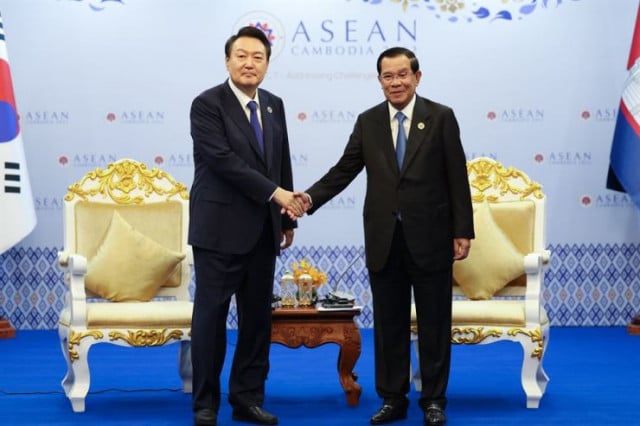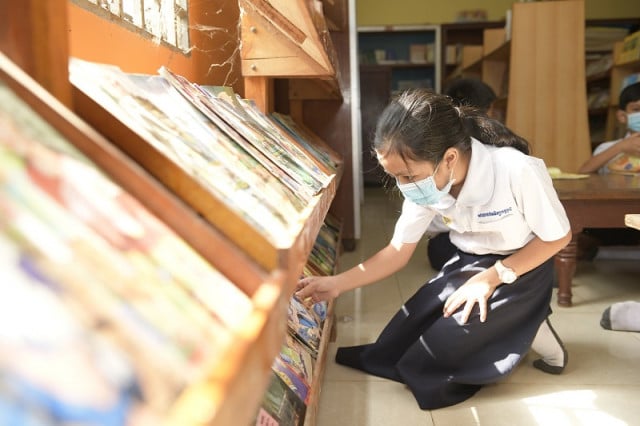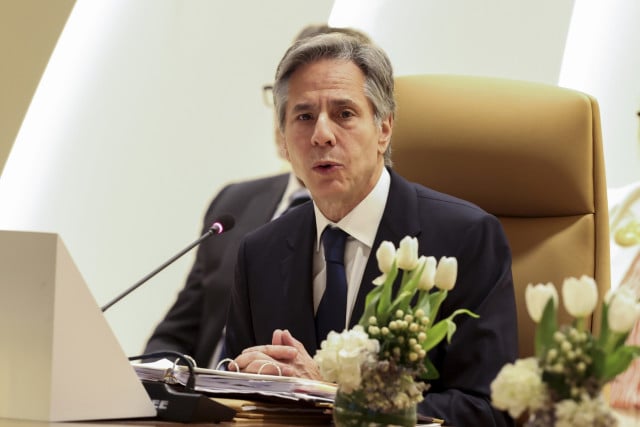Opinion: South Korea’s Indo-Pacific Strategy and ASEAN from Cambodian Perspective

- By Ek Bunly
- December 2, 2022 11:04 AM
It is believed that the South Korean government under President Yoon Suk-yeol will rebrand and reformulate the New Southern Policy into its signature strategy for Southeast Asia and India.
During the 2022 ASEAN Summit, President Yoon revealed South Korea’s Indo-Pacific Strategy, created to strengthen South Korea’s approach to the Indo-Pacific. The strategy’s vision is to bring freedom, peace, and prosperity under the principle of cooperative inclusivity, trust, and reciprocity.
The key elements included the aim to strengthen the rules-based international order based on universal values, to strengthen collaboration between nations in the area of anti-terrorism, nuclear non-proliferation, maritime, health, and cyber security, and to strengthen economic cooperation and stability with the aim to create an ecosystem where the resilience of supply chain and technology are inclusive and cooperative.
During the summit, President Yoon also included the Korea-ASEAN Solidarity Initiative (KASI), which looked specifically into ASEAN, as a main component of the Indo-Pacific Strategy. With this, the Republic of Korea, or ROK, is regarding ASEAN as one of South Korea's most important partners, based on the existing ASEAN Centrality and the ASEAN Outlook on the Indo-Pacific (AOIP), to promote a free, peaceful, and prosperous region.
This covers the entire Indo-Pacific creating a vast cooperative opportunity for South Korea with the regional countries. The strategy and initiative, despite not being finalized until the end of 2022, saw the ROK focus on security and becoming ASEAN’s additional security provider with President Yoon's proposal to organize a meeting between the ROK’s defense ministers and ASEAN member states and to create joint exercises with the bloc hinting at South Korea’s intention of being one of the security forces in the region to maintain the freedom of navigation.
Both Korea’s Indo-Pacific Strategy and the KASI will expand South Korea’s partnership in the Indo-Pacific, especially with India – which is a rising power with one of the largest economies in the world.
For Southeast Asia, the strategy, if implemented accordingly, will fill in the security gap of the previous ROK administration – which was believed to be centralized around economic cooperation and development – as the policy focused more on strategic cooperation, and security, with peace at its focal point.
This will also bolster the ROK’s presence and role in the region, reducing ASEAN’s reliance on the US, Australia, and Europe in the security field, especially when issues or confrontations emerged in the South China Sea or the Taiwan Strait.
However, this strategy aligned with the United States and Japan’s version of their Indo-Pacific strategy which proved South Korea’s position as moving closer toward the United States, leaving behind its strategic ambiguity.
The approach could be viewed by Beijing as a strategy that tried to encircle its geopolitical stability but if China were to negatively react to South Korea’s Indo-Pacific Strategy, Seoul will likely cooperate with the western-led security framework in response.
This will create difficulty for ASEAN, a regional bloc upholding its neutral principle, to pick a side in the midst of the geopolitical divide. However, ASEAN will likely stand firm to its neutral position – as it always has – to ensure the bloc and the region will not be stirred by the changing geopolitical climate.
Despite that, it is more important to await the actual result than to speculate on the current setting. With South Korea’s Indo-Pacific Strategy, South Korea will be able to elevate itself even further on the international stage, especially with Southeast Asia and India. At the same time, Seoul will need to deal carefully with the foreseeable outcome with its historical partners such as the United States and China to secure South Korea’s interest in the long run.
Bunly Ek is a research fellow, at the Cambodian Institute for Cooperation and Peace (CICP), in Cambodia, and one of the 2022 Global Korea Scholarship (GKS) Master’s Degree scholar in International Cooperation at Yonsei University, South Korea. The views expressed in the above article are the author's own and do not reflect the editorial direction of Cambodianess.















